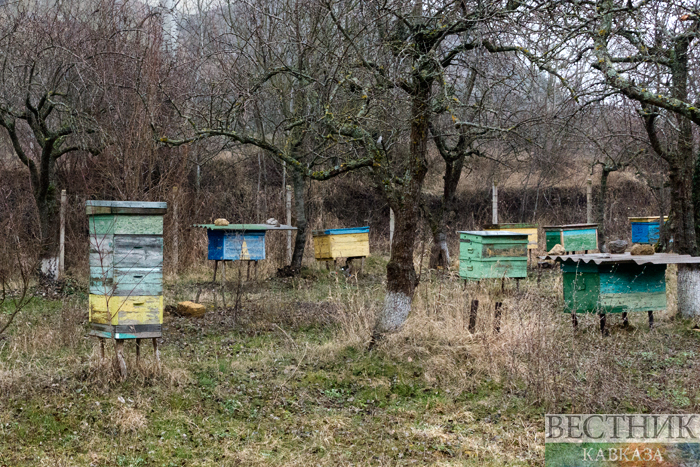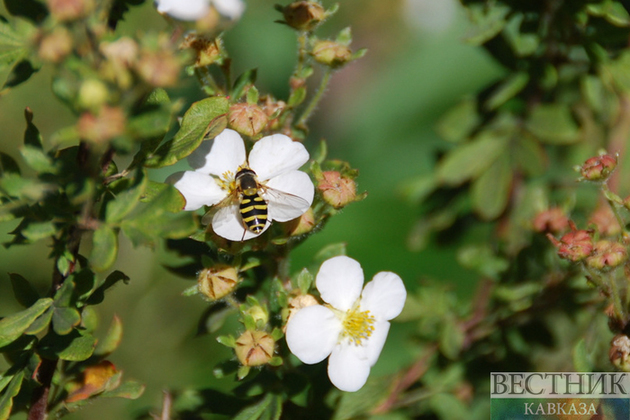Researchers from the Middle East Technical University (METU) contribute to an international project which recruits robot bees to improve the health of beehives to help endangered bee species worldwide.
Daily Sabah reports that at the Robotics and Artificial Intelligence Technologies Application and Research Center (ROMER) at the university's campus in the capital Ankara, scientists work on Roboroyale, supported by Horizon Europe, European Union's key funding program for research and innovation. The new generation of beehives houses robot bees are closely monitored by scientists in contact with colleagues in the United Kingdom, Austria and Czechia.
Associate Professor Erol Şahin told Anadolu Agency (AA) on Monday that bees risk extinction due to several factors, from pesticides and diseases to climate change. "Extinction of bees means the danger of collapse for the entire ecosystem. Queen bees are only members of species crucial for the survival of any bee colony. If we can monitor the health of the queen bee and enable her to breed more bees, we can sustain the health of an entire hive and even improve it. This, in turn, will lead to more pollination, more fruits on trees and seeds, and more food for humans and animals. This is actually the basic idea behind the project," he said.
The project will continue for four years and bring together scientists specializing in bees. At ROMER, scientists work on mechatronics design, control and image processing of hives, as well as experiments on bees. "Our work does not aim to extract more honey from bees. We view them as a species valuable for the pollination of flowers. Currently, there are no artificial systems or solutions for pollination. So, the world needs bees without any alternatives," Şahin added.

Hives are fitted with equipment enabling scientists to conduct the real-time observation. Every bee is fitted with barcodes. In the next stage of research, scientists aim to develop a system allowing monitoring them without barcodes to see their interaction with the queen bee.
Micro-robot bees they are building can be remotely controlled, mimicking worker bees who can feed the queen bee. "They will serve, clean, and feed her so the queen bee can breed more, even under difficult circumstances. Apart from the EU-funded project, Şahin and colleague associate professor Hande Alemdar work on the KOVAN (Hive) 4.0 project endorsed by the Scientific and Technological Research Council of Turkey (TÜBİTAK), which seeks to use artificial intelligence (AI) for automated analysis of bees' interaction with each other outside the hive.






